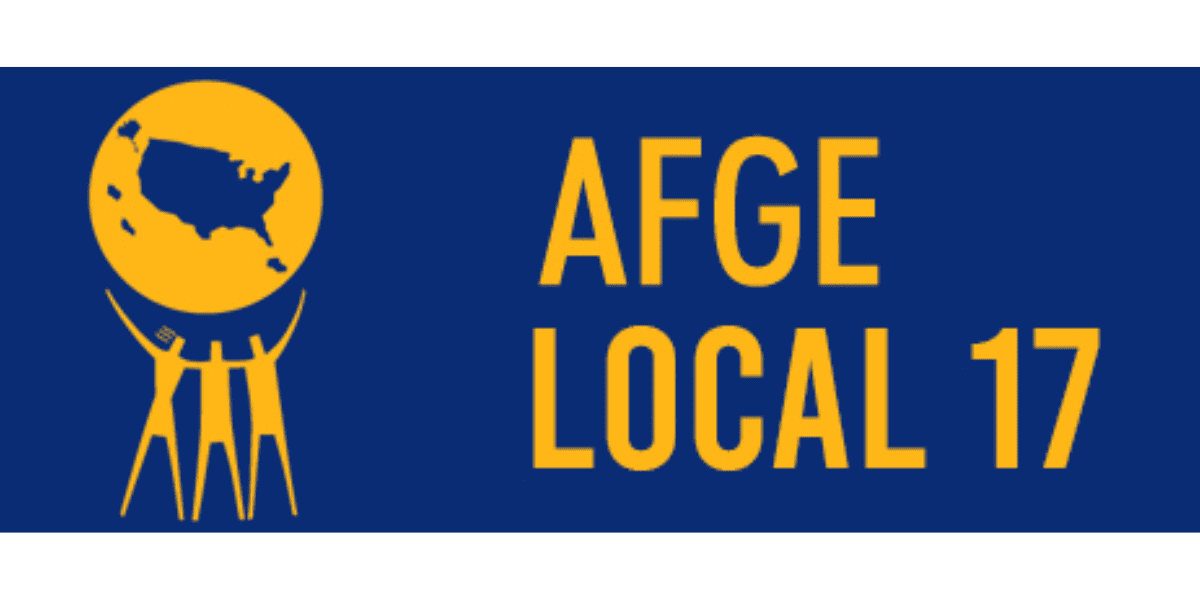The federal government announced its post-Covid-19 work policy as open with “maximum telework flexibilities” to all current telework-eligible employees, writes Stephanie Rapp-Tully, partner at Tully Rinckey PLLC. The Biden administration is also encouraging agencies to train “managers on fair and equitable performance management for hybrid teams” to ensure that remote and hybrid workers are not treated differently than others.
On June 10, the Biden administration announced that federal agencies will move forward with employees working both in-person and at-home. In the announcement memo issued by the agency heads of the Office of Management and Budget, Office of Personnel Management, and General Services Administration, the administration offered federal agencies a glimpse at how they will be required to approach returning to the physical workplace while maintaining remote work capabilities, as well as addressing other workplace procedures in post-pandemic America.
The decision to fully implement teleworking and other remote-based employment options comes at an interesting time with Covid-19 infection rates continuing to decrease. Moving forward, this is a huge change for federal agencies as they now have the ability to be more flexible with hybrid and fully remote setups for their employees.
President Biden stated in the announcement that as the model employer, the federal government should be ensuring that it is providing for all employees’ health, safety, and physical and mental well-being.
‘Maximum Telework Flexibilities’
One of the most important updates is that the federal government announced its operating status as open with “maximum telework flexibilities to all current telework eligible employees, pursuant to direction from agency heads.”
While there isn’t a strict percentage of how much of the workforce is telework-eligible or not, generally, if a position had to work onsite during the pandemic, such as Federal Bureau of Prisons guards or FBI agents, would likely be still unable to telework. A recent OPM report says that before the pandemic only 3% of employees teleworked daily, “but that number grew substantially during the peak of the pandemic when a record 59% of employees teleworked every day.”
The decision to continue utilizing telework after the pandemic is a huge shift for the federal government, which has consistently been behind its private sector counterparts in offering remote and hybrid work arrangements. Federal agencies are now positioned to compete with private sector employers since, per the announcement, “[a]gency leaders can leverage issues such as telework, remote work, and flexible work schedules as tools in their broader strategies for talent recruitment and retention, and for advancing diversity, equity, inclusion, and accessibility in the Federal workforce,”
The Biden administration is also encouraging agencies to train “managers on fair and equitable performance management for hybrid teams.” This confirms the federal government’s commitment to becoming a model employer in post-Covid-19 America. One of the biggest concerns for any employer—federal or private—is whether productivity will be impacted by having employees telework.
With employees having the option to work from home, the federal government is taking the initiative to prevent supervisors from favoring those employees who do come into the office by “raising awareness among supervisors that evaluation of an employee’s performance should be based on factors such as accountability for results or quality of the work, and should not be affected by whether an employee is working in the office, teleworking, based remotely, or working a flexible work schedule.”
Through proper training and developing new cultural norms, the federal government hopes to promote equity among employees regardless of their working situation, as well as protect their work-life balance.
Leaders Must Submit a Plan for Reentry
Furthermore, the memo signals a departure from the previous 25% capacity limit in federal buildings. Before agencies start bringing more employees back into the physical work space, however, agency leaders will need to submit a plan for reentry to the Safer Federal Workforce Task Force and make sure that they satisfy any applicable collective bargaining obligations.
Some of the considerations that the Task Force will consider in reviewing reentry plans are how agencies will:
- Integrate learning from employee and supervisor experiences;
- Ensure consistent approaches across agencies to phased timelines for reentry of employees returning to the physical workplace that account for labor relations obligations and provision of ample notice for affected employees;
- Address government-wide telework and remote work policies, as well as flexible work schedules, pay, leave, performance management, and other personnel policies;
- Train and support employees and supervisors; and
- Consider effects on: workspaces and federal real property; technology and information technology (IT) needs; onsite contractors; and local communities.
The Task Force required a draft of these plans by June 18 and is expecting the final plans to be submitted to the OMB by July 19. Additionally, it is strongly recommended that agencies provide up to 30 days’ notice to any employee who will either have an altered work schedule, or be returning to the office.
Overall, this announcement serves as guide for federal agencies looking to safely return to a new normal post-Covid-19. The landscape for teleworking has drastically changed since the start of the pandemic and, with this new guidance, Biden is seeking to restore some of the trust lost during the pandemic by striking a balance between offering agencies the freedom to make individual decisions for returning to work and offering employees the flexibility of teleworking.





